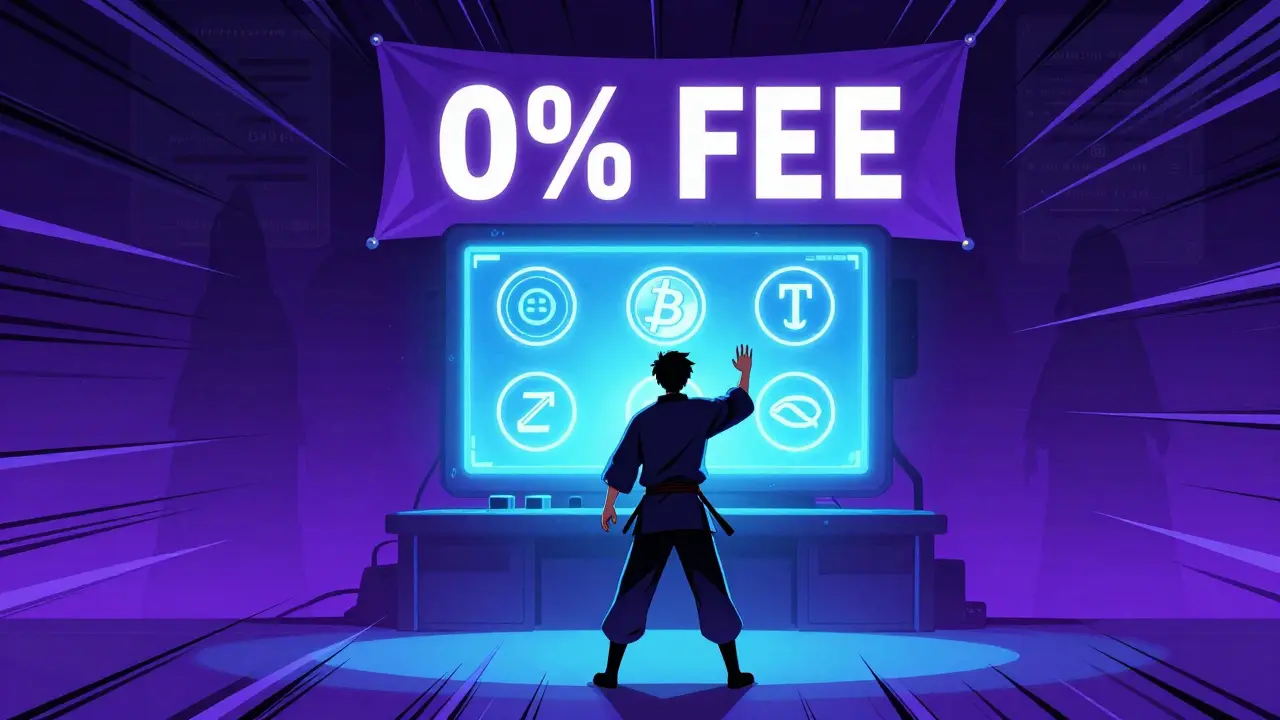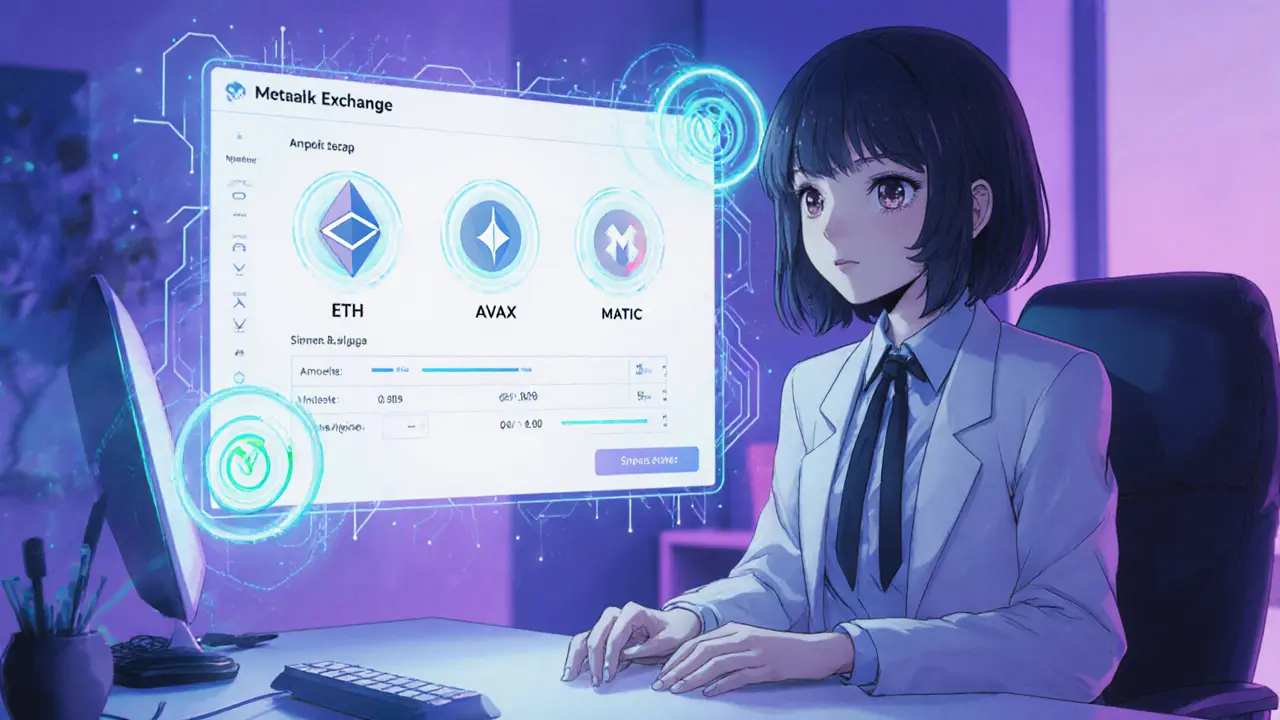Decentralized Exchange: What It Is and Why It Matters
When working with decentralized exchange, a platform that lets users trade crypto assets directly on‑chain without a central intermediary. Also known as DEX, it empowers users to keep full custody of their funds while swapping tokens instantly. Decentralized finance (DeFi) relies on DEXs to provide open, permissionless market access, and the ecosystem has grown from niche projects to mainstream infrastructure.
Core Mechanics Behind DEXs
Most DEXs run on an automated market maker (AMM) model, which replaces traditional order books with smart contracts that price assets using mathematical formulas. This approach needs a liquidity pool—a reserve of two tokens supplied by users who earn fees for enabling trades. Some platforms have taken the AMM idea further with a hybrid AMM that blends order‑book features and pool dynamics, giving traders deeper depth and lower slippage. To run safely, a DEX must audit its smart contracts, manage gas costs, and stay compliant with emerging regulations that target on‑chain trading activity.
All of these pieces—smart‑contract security, fee structures, and liquidity incentives—shape how a DEX performs in real time. In the list below you’ll find deep dives into specific exchanges, reviews of hybrid models, analysis of regional restrictions, and guides on using VPNs or other tools to stay safe while trading. Whether you’re a beginner curious about swapping tokens or an advanced trader looking for the next high‑yield pool, the articles ahead cover the full spectrum of DEX‑related knowledge.
- February 26, 2026
- Comments 2
- Cryptocurrency
FusionX v3 Crypto Exchange Review: Zero Fees, Limited Coins, and Unproven Trust
- February 10, 2026
- Comments 0
- Cryptocurrency
Uniswap v4 on Blast: The Complete Crypto Exchange Review
- January 7, 2026
- Comments 20
- Cryptocurrency
ViteX Crypto Exchange Review: Fast, Gas-Free DEX with Limited Pairs
- December 17, 2025
- Comments 18
- Cryptocurrency
Dollaremon Swap Crypto Exchange Review: Is This Decentralized Exchange Worth Using?
- November 30, 2025
- Comments 24
- Cryptocurrency
KokomoSwap Crypto Exchange Review: What You Need to Know in 2025
- November 17, 2025
- Comments 20
- Cryptocurrency
HyperSwap v2 Crypto Exchange Review: Cross-Chain Swaps Made Simple
- October 24, 2025
- Comments 24
- Cryptocurrency
PartySwap DEX Review 2025: Features, Security & Alternatives
- January 27, 2025
- Comments 20
- Cryptocurrency
Camelot V3 Crypto Exchange Review: Features, Fees, and How It Stacks Up
- November 30, 2024
- Comments 22
- Cryptocurrency
XCAD DEX Crypto Exchange Review: How to Trade XCAD on Today’s Top DEXs
- November 15, 2024
- Comments 20
- Cryptocurrency
Minswap Review: In‑Depth Look at the Cardano DEX, MIN Token & Competitors
- October 13, 2024
- Comments 24
- Cryptocurrency











